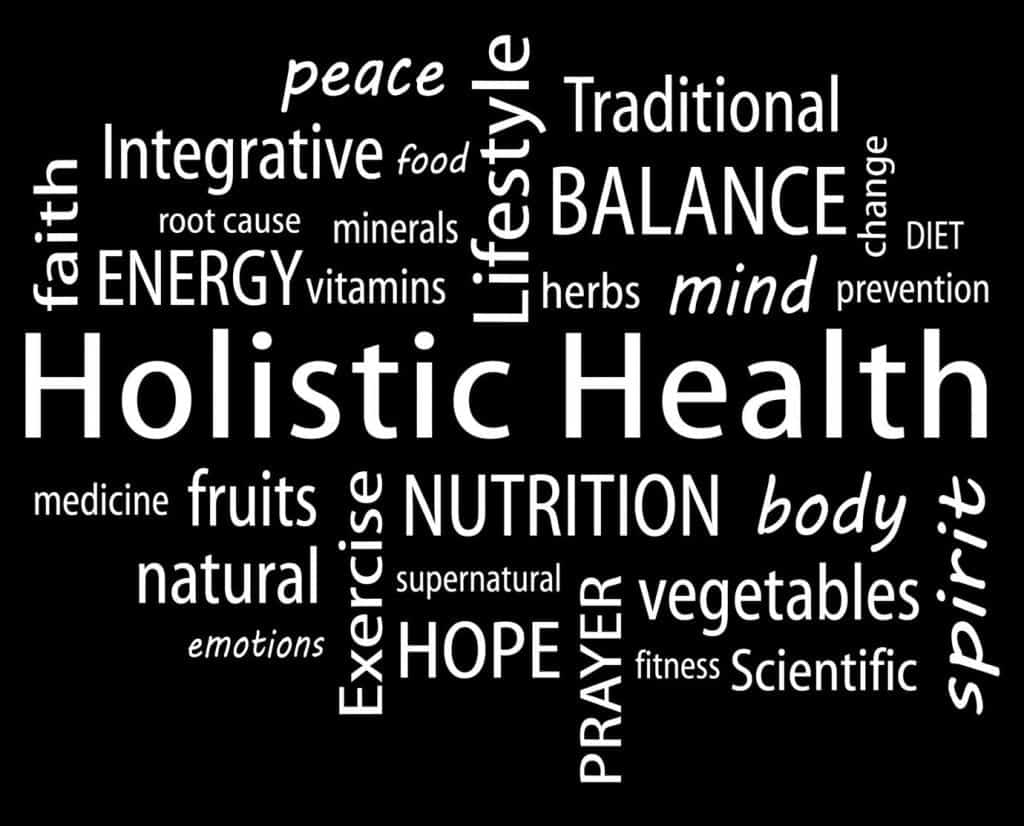Well, this is the last blog for year and what a way to end it – CONSTIPATION! Last month we talked about what it actually means to be constipated
- difficulty emptying bowels and/or not having bowel movements daily.
- tests that can be done to find the underlying cause of constipation – when increasing fibre, water, and exercising doesn’t improve symptoms of constipation.
- contributing factors to constipation and defecation problems other than the usual suspects.
So now, how to manage chronic constipation with foods and, how stress is a major game player when it comes to treat constipation.
What to do for regular bowel movements
We should all aim to have at least 30g of fibre a day and drink plenty of water (at least 2L), as set out by the National Health and Medical Research Council (Australia), for the average healthy adult.
We all at different times have things going on in our lives and health, that will affect bowel function. So, we need to be adapting our water and fibre intake, along with other foods to support good intestinal health.
Eating from all colours of the rainbow, to get both soluble and insoluble fibre. A well as, all of the wonderful nutrients they possess, that exert excellent health benefits.
Soluble fibre
This comes from pectin, gums, and mucilage found in fruits, vegetables and, legumes. These produce a gel-type substance when in contact with water, like psyllium, absorbing it – adding bulk.
- Feeding your microbiome, activating fermentation – which also sets off other activity in the intestines.
- Lowering cholesterol by stopping some of it from being metabolised and being released into the bloodstream.
- Stabilising blood sugar levels.
- Slows down ‘transit time’. This can be used to your advantage if you find that when you eat food ‘it goes straight through’.
Insoluble fibre
Is the fibrous part of vegetables that cannot be broken down – for example, bran from all grains, corn, nuts, and seeds. These add bulk to the stools, making it easier to open bowels, also absorbing water. This is what you have more of, if having difficulty opening our bowels.
- A little trick – to see how long it takes for you to open your bowels after eating. Have some corn kernels, and then observe stools when you go to the toilet. Take note of when you see some kernels in your faeces. This will tell you what your transit time is!
Here are some sites giving you examples, of how to add fiber to your diet:
Note – sometimes having too much fibre can cause diarrhoea, abdominal discomfort – bloating, cramping, and wind. And, if you have sensitivities to some fruit and vegetables, due to natural components in them, do not include these in your diet.
What not to do (ie laxatives) when you have constipation.
Laxatives are sometimes needed when you are constipated and stools become difficult to pass. There are 2 main types which can be misused:
- Water drawing (osmotic laxatives) – allows faeces to absorb more fluid, keeping them soft, adding bulk and helping movement. For example, magnesium oxide, not for long term use as dehydration can occur as well as, electrolyte imbalance.
- Stimulant laxatives – these stimulate the muscles of the intestines to contract, opening bowels – generally Senna. This is the last resort when none of the other things have worked for you. Not to be taken for more than 3 days.
Senna if overused and abused, can make bowel function dependant on it. Your intestines can no longer function on their own. So if after 3 days use, you find that there is no improvement you should go seek medical advice.
Other types
- Stool softeners – absorb fluid, keeping faeces soft. Achieved by having the daily recommended intake of fruits and vegetables. Though some over the counter products have ingredients that can aggravate irritable bowel syndrome & IBD – lactose, sucrose.
- Bulking – such as psyllium, or some of you know it as Metamucil.
The impact of stress – what are you holding on to?
Stress has a major impact on bowel function, as we enter ‘fight or flight’ mode. When your body is in this state, it automatically reduces functions such as digestion, bowel function.
- Digesting food and bowel function not a priority
- Energy is being diverted to deal with ‘stress’
- Microbiome imbalance, which can cause constipation or diarrhoea
- Loss of appetite which can also affect bowel function
- Can aggravate IBS/IBD symptoms
- Hormone imbalance, such as serotonin which affects intestinal muscle contraction and mood.
Chronic constipation is one of the most common health conditions I see with my clients. In my Gut Fix program we look to find the cause of bowel movement problems and get you to healthy daily bowel movement.


